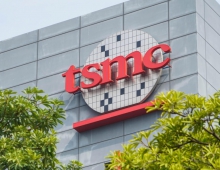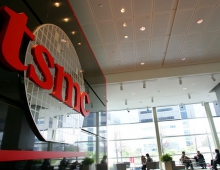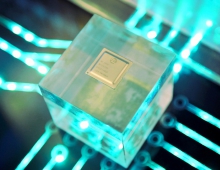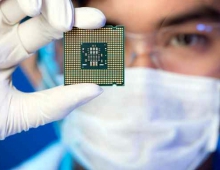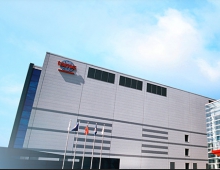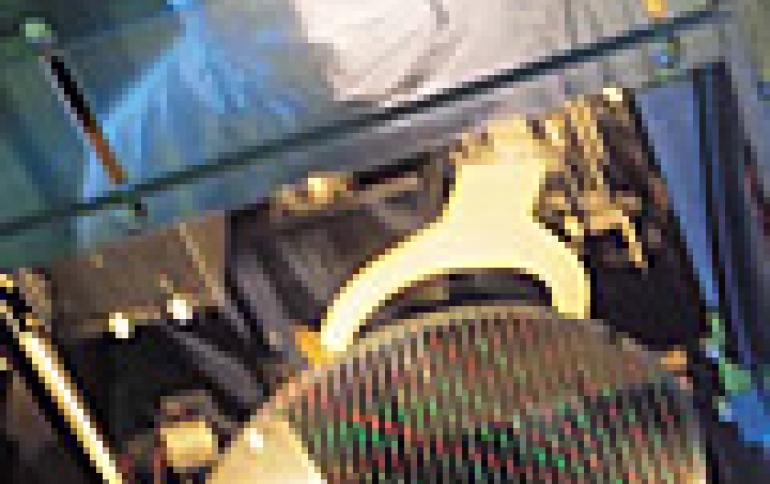
7nm Volume Production to Fuel TSMC's Profits This Year
Apple's supplier TSMC is looking ahead to a strong year in terms of profitability, driven by production of new iPhone chips using the advanced 7nm process.
TSMC is will gradually ramping up volume production of 7nm process in the second half of the year to fulfill orders from Apple for fabricating A12 application processors for its 2018 new iPhone models and from Quacomm for processing its new-generation smartphone chips, Digitimes.com reports.
The current A11 chip inside iPhone X and iPhone 8 uses a 10nm feature size.
Speaking about Apple, we are expecting to see three new models of iPhone this year. There will be a new 5.8-inch OLED iPhone, a successor to the iPhone X with little change to external design. There is also expected to be a larger 6.5-inch OLED iPhone with the same bezel-less design as iPhone X, bringing a larger screen to a device with approximately the same physical size as an iPhone 8 Plus. Finally, Apple is set to release a new 6.1-inch LCD iPhone model.
The Digitimes report also claims that TSMC will see its revenue ratio for advanced 7nm process hit a high of 20% in 2018, and may therefore post better-than-projected revenues and profits for the second half of the year and register an annual revenue growth of over 10%.
In the meantime, TSMC has lowered its revenue growth forecast for 2018 to 10% from the earlier projection of 10-15%, citing weaker-than-expected smartphone demand in the second quarter and growing uncertainty facing the cryptocurrency mining market. In addition, MediaTek, another TSMC client, has failed to capture high orders for its latest AI-based Helio P60 SoCs from China smartphone vendors in the second quarter. MediaTek's Helio 60 chips are fabricated using TSMC's 12nm process. MediaTek is facing strong competition from Qualcomm when it comes to chip sales in China, as the U.S. company has
decided to bring its new Snapdragon700 series processors with built-in AI capabilities at highly competitive pricing ahead of schedule in May.
TSMC is also poised to embrace strong demand from the gaming market as its major client Nvidia will soon unveil its new-generation GPU platform. Other clients including Broadcom and Huawei Hisilicon are also queuing for foundry capacities at TSMC.

